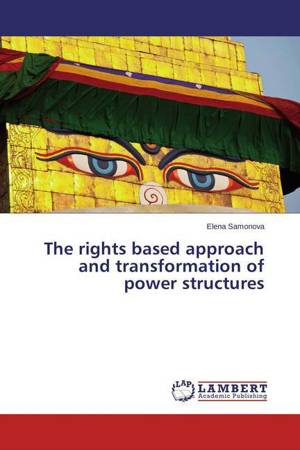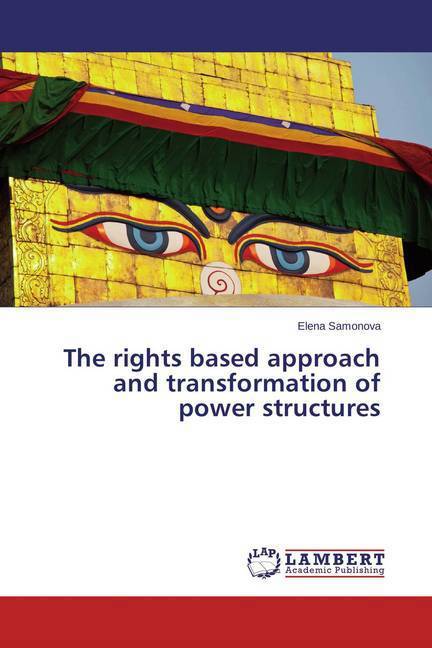
Je cadeautjes zeker op tijd in huis hebben voor de feestdagen? Kom langs in onze winkels en vind het perfecte geschenk!
- Afhalen na 1 uur in een winkel met voorraad
- Gratis thuislevering in België vanaf € 30
- Ruim aanbod met 7 miljoen producten
Je cadeautjes zeker op tijd in huis hebben voor de feestdagen? Kom langs in onze winkels en vind het perfecte geschenk!
- Afhalen na 1 uur in een winkel met voorraad
- Gratis thuislevering in België vanaf € 30
- Ruim aanbod met 7 miljoen producten
Zoeken
€ 48,95
+ 97 punten
Omschrijving
The agricultural debt bondage is a common phenomenon in the South Asia. Among India and Pakistan belongs Nepal to the countries with the highest number of agricultural bonded labourers in the world. In the most widespread system of debt bondage namely in Kamaiya system not only adult family members but also children called Kamalari are involved in such labour relations. Since this practice of bonded labour is reinforced and sustained by social segregation, caste based discrimination and cultural beliefs, as well as the economic conditions, it is necessary to challenge the unequal distribution of power in society in order to eliminate this practice. One of the approaches that addresses the issues of power is the rights-based approach that focuses on the relationships between rights-holders and duty bearers. This paper shows how this approach can contribute to the transformation of unequal power relations on the case of the Kamalari child bonded labourers in Nepal. It was found that the application of rights based approach is able to create new participatory spaces and channels of communication, to link citizens and the state in a new way and to open up new opportunities for action
Specificaties
Betrokkenen
- Auteur(s):
- Uitgeverij:
Inhoud
- Aantal bladzijden:
- 84
- Taal:
- Engels
Eigenschappen
- Productcode (EAN):
- 9783659553165
- Verschijningsdatum:
- 4/06/2014
- Uitvoering:
- Paperback
- Afmetingen:
- 150 mm x 220 mm
- Gewicht:
- 136 g

Alleen bij Standaard Boekhandel
+ 97 punten op je klantenkaart van Standaard Boekhandel
Beoordelingen
We publiceren alleen reviews die voldoen aan de voorwaarden voor reviews. Bekijk onze voorwaarden voor reviews.









